




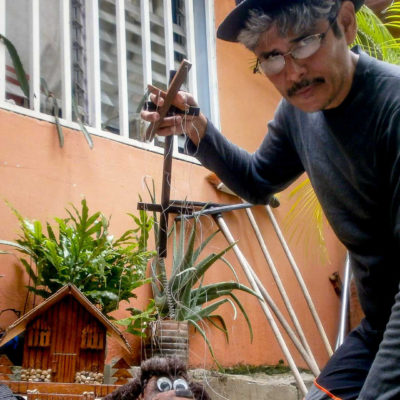







José Gregorio Azuaje is a 59-year-old theater teacher in a school located in the Venezuelan Andes state of Trujillo. When school is out in the summer, he travels to Colombia to work with the puppets he makes himself from scratch. Up until now, he had managed to return to his country with some extra money on his pocket. But not the last time, when it proved a difficult task to accomplish.
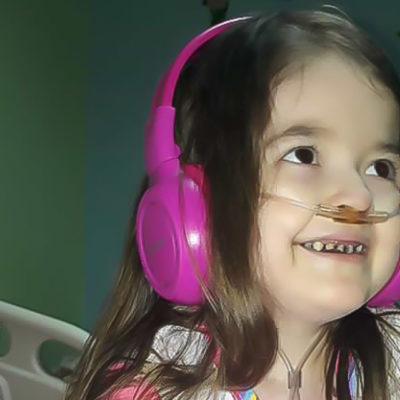
Little Gaby is afflicted by two types of lung disease that keep her hooked up to a machine so she can breathe. But the device runs on electric power, and when the lights went out in La Grita, her family had to rush her, much like in an action movie, to wherever they could find electricity to keep her alive. They now have access to a power plant, but what the girl needs to feel that there is hope for her seems still a long way off.
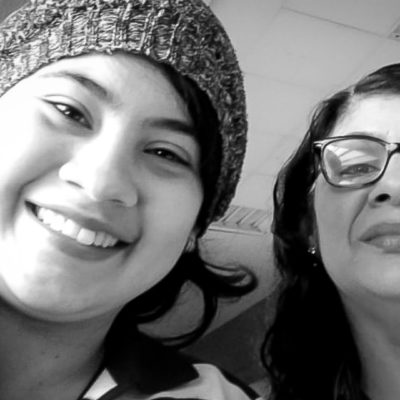
One day, young Ana Rebeca Rivero started to feel that as if her legs had stop working. She thought it was the flu, but the incident would mark the moment when her memory began to fade. Although she recovered from that episode, it has happened again, and no explanation has been found so far as to what causes her condition.
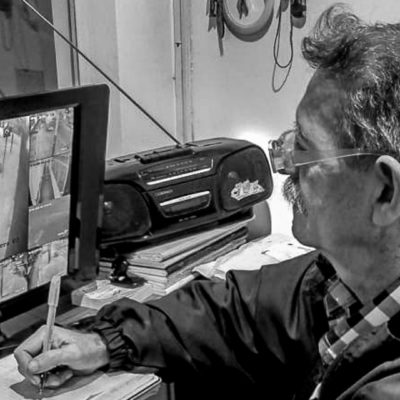
In February of 2018, after hyperinflation drastically diluted his salary, José Alejandro Castro’s father migrated to Peru. The rest of the family would follow suit some time later. José Alejandro was the only one left in Ciudad Guayana, strongly determined to graduate as a bachelor of social communication from the Universidad Católica Andrés Bello (UCAB) campus in Guayana.
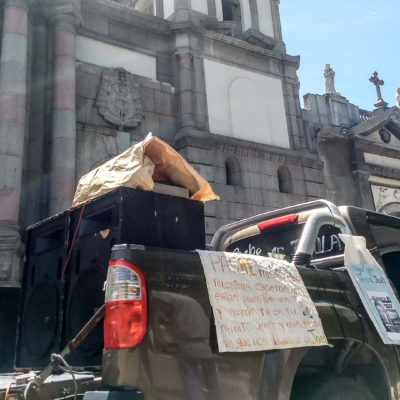
Gabriela Sanchez thought she could never get pregnant again. One day, though, she found out she was expecting her second child. She and her husband decided to name him Gael Isaac. They only had him for a few hours. A woman dressed as a nurse walked into the room at the University Hospital in Mérida and snatched the baby away from them.
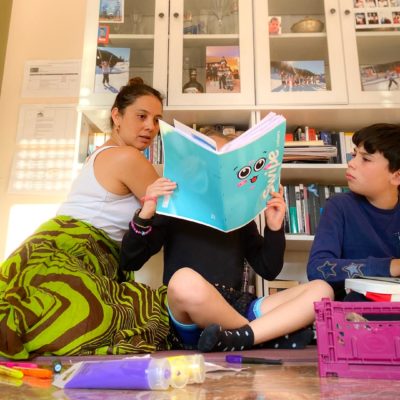
La giornalista venezuelana Lis Sánchez è arrivata a Roma in una fredda giornata di gennaio nel 2014. Dal 6 marzo di quest’anno sta confinata in casa sua a causa della propagazione del coronavirus, che in Italia ha già tolto la vita a 4032 persone fino a venerdì 20 marzo. Richiamando alla mente i primi giorni del suo isolamento, riflette sulle parole che l’hanno sostenuta.
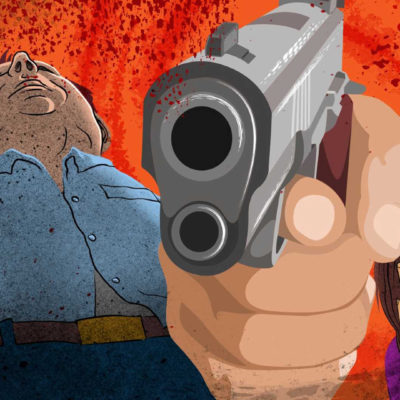
El mayor apremio de Yair López y su hermana Leonela, habitantes del pueblo de San Juan de Colón, estado Táchira, era conseguir medicinas para evitar que le amputaran un pie a su padre. En eso estaban el día en que entre ellos se instaló una desgracia que no pudieron prever.
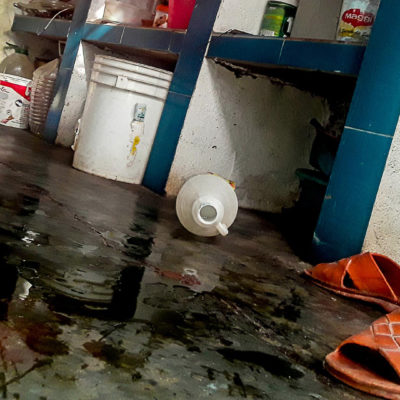
During José Luis Guerra’s childhood, uncle Raúl was a source of puzzlement… and fear. More often than not, he would wake up to Raúl’s screaming. Raúl was a man who drank chlorine and hid onions and tomatoes in his trouser pockets, which he would eat as if they were fruit. In this firsthand account written for the #SeedbedOfStorytellers of La Vida de Nos, José describes how his uncle’s schizophrenia marked his family forever.
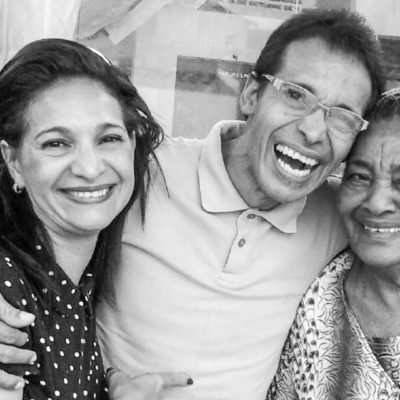
At dawn on March 13, 2019, when Mérida was seven days into the first blackout that had stricken the entire nation, Professor Nilsa Gulfo, who is also a journalist, received a phone call from Maracaibo, Zulia, with the news that her brother Guillermo had just died. Saying goodbye to him turned into the first-hand painful obstacle course that she shares in this story.
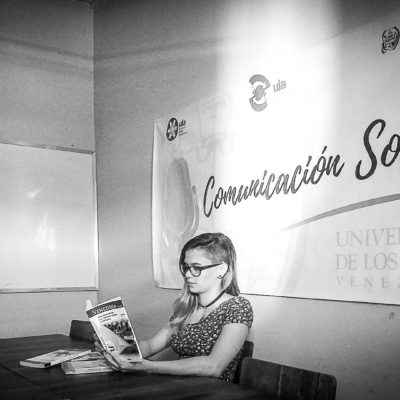
The first cohort of candidates to a bachelor’s degree in Social Communication at the Mérida campus of the Universidad de Los Ándes began classes in July of 2016. It was made up of 25 students. Three years later, there are only eight left. Paula Rangel is one of them. In this photostory from the #SeedbedOfStorytellers of La Vida de Nos, Paula describes how the classrooms she studies in have been emptying out.